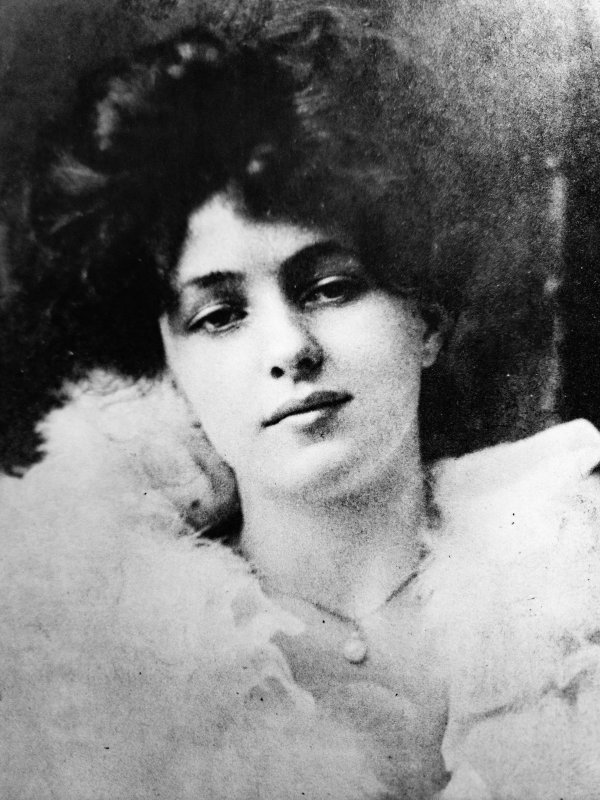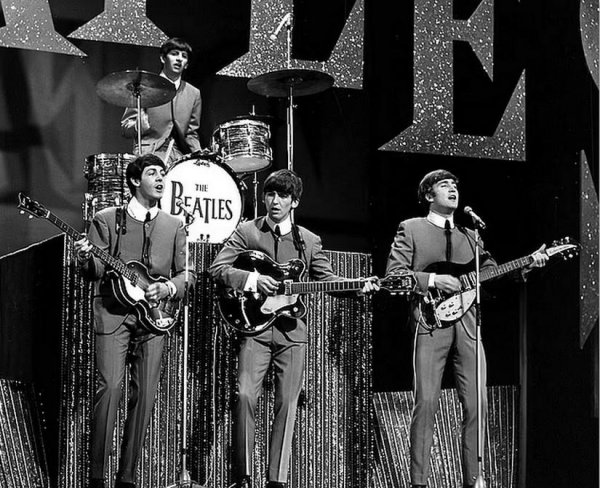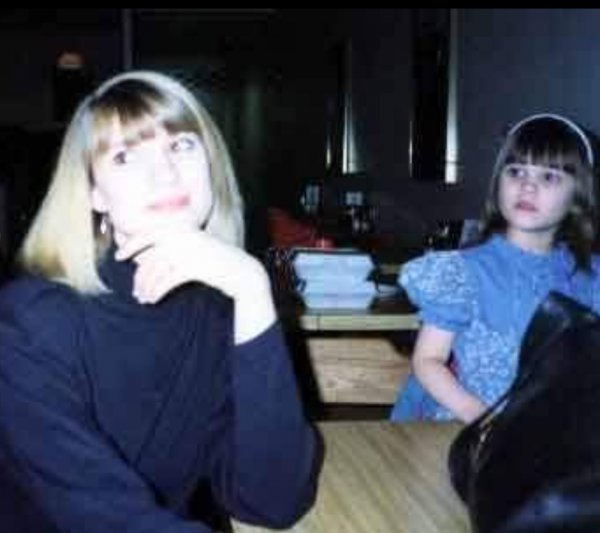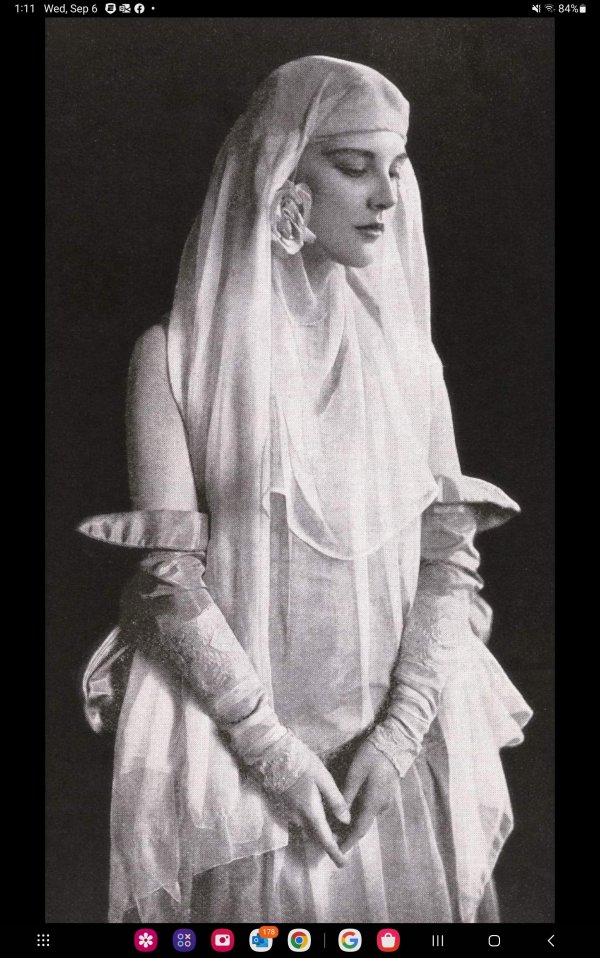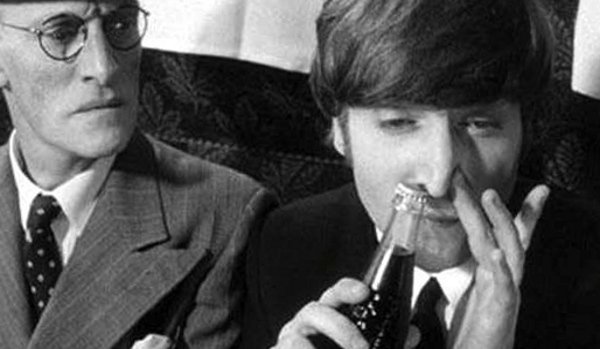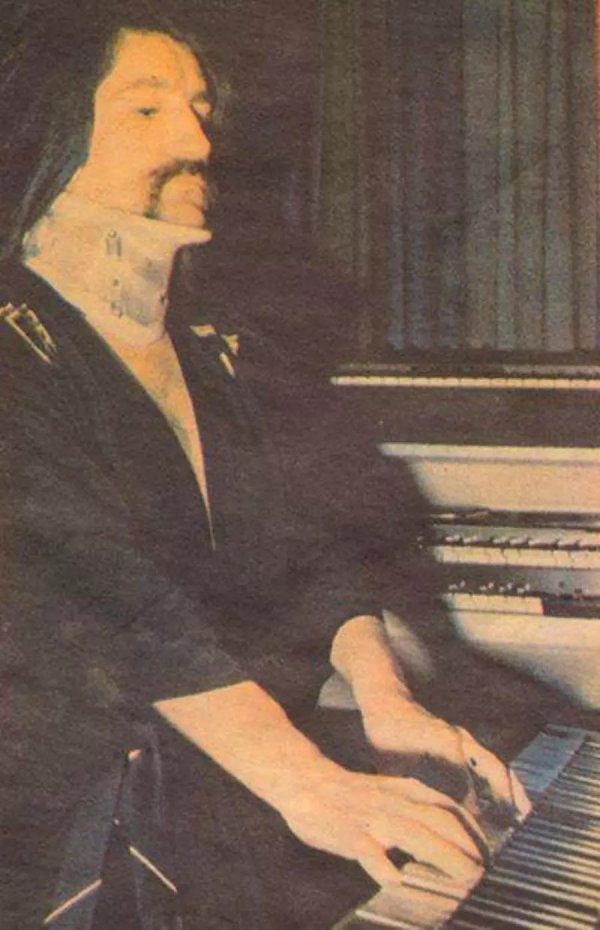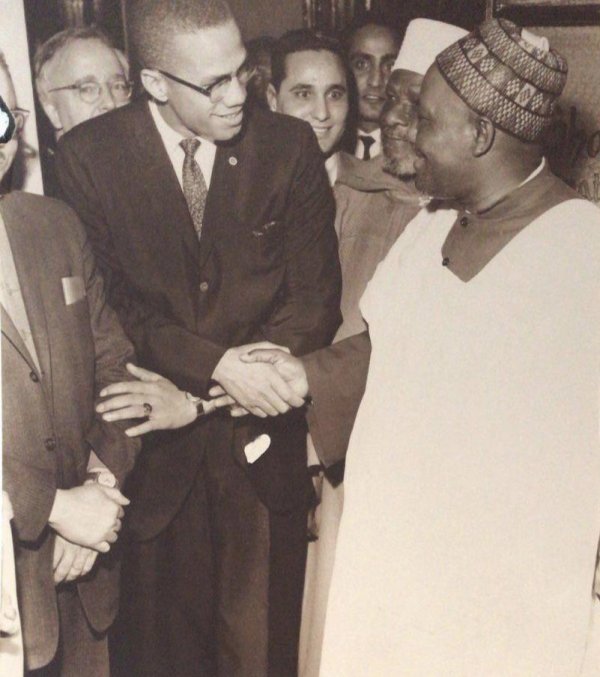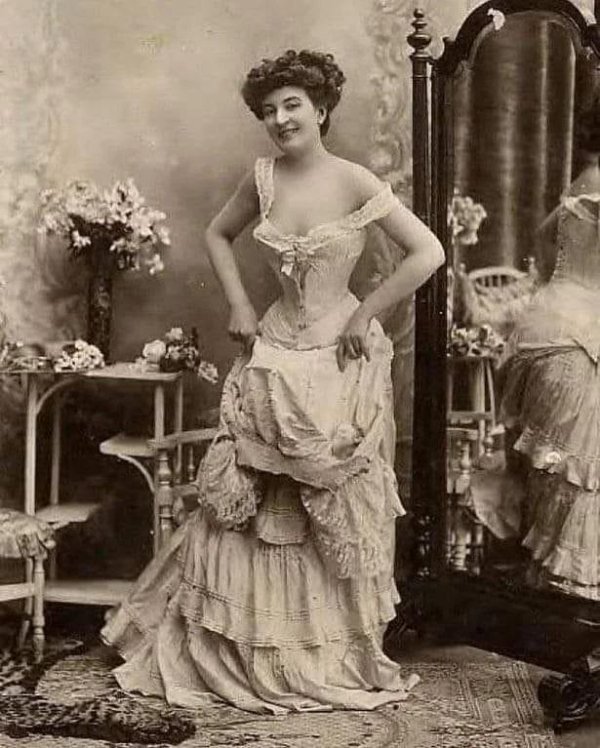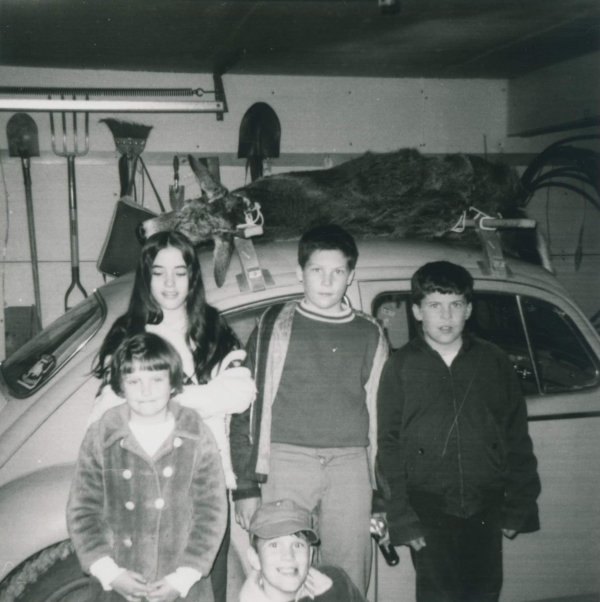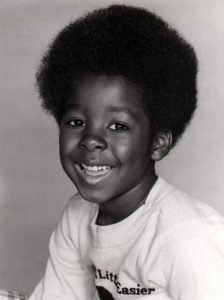Old picture of a tribe taken in 1907 in German East Africa. It was for scientific ethnographical studies. The four naked men in a 3-side view: front, side and from behind, to show their appearance in an “anthropological sense†and behind the men are in the traditional attire worn by adult men.
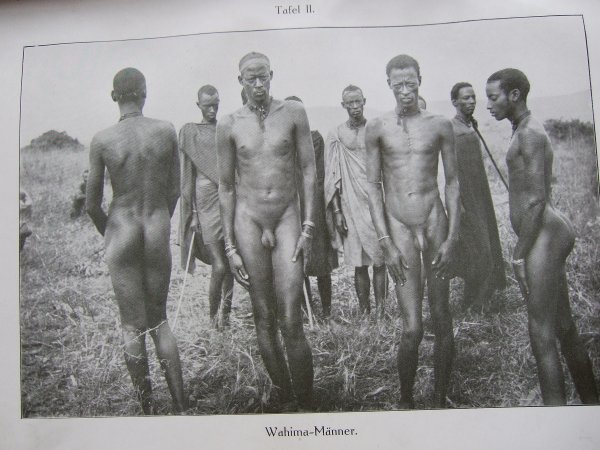
Evelyn Nesbit, American artists' model, chorus girl, and actress - also inspiration for murder - Circa 1900s
Evelyn Nesbit, born Florence Evelyn Nesbit on December 25, 1884, in Tarentum, a small town near Pittsburgh, Pennsylvania, embarked on a life marked by beauty, fame, and scandal. Evelyn's family faced financial hardships after her father's death, which occurred when she was quite young. Her mother, unable to sustain the family financially, moved them to Philadelphia where Evelyn and her brother Howard lived in poverty.
Recognizing Evelyn's beauty at an early age, her mother allowed her to enter the world of modeling to help support the family. In her early teens, Evelyn became a highly sought-after artist's model, posing for a number of well-known artists of the time, including modeling for [Charles Dana Gibson's](https://reddit.com/r/OldSchoolCool/s/kTPjfACfQL) Gibson Girl. Her charm and beauty also helped her secure a position as a chorus girl in a popular Broadway production. It was during this time that she attracted the attention of many wealthy and influential men, which would be both monetarily rewarding and emotionally devastating.
As her popularity and success grew, she caught the eye of Stanford White, a prominent architect and socialite in New York City. White was known for his relationships with young actresses and models, and he became infatuated with Nesbit, going so far as to set her up in an apartment and providing financial support to her family. He cultivated a relationship with her, which eventually took a dark turn when he drugged and sexually assaulted her, a traumatic experience that would later become a central aspect of the scandal that engulfed her life.
In 1903, when Evelyn was 19, she met Harry Kendall Thaw, a wealthy individual with a troubled past and a sociopathic demeanor. Thaw had developed a deep hatred for Stanford White due to his reputation and relationships with young women, and he began courting Evelyn, perhaps as part of his vendetta against White. Thaw's obsession with Evelyn's past relationship with White would lead to a series of events that would shock the nation and catapult Evelyn into the spotlight in the most notorious of ways.
On June 25, Harry K. Thaw fatally shot architect Stanford White at New York City's Madison Square Garden's rooftop theater, witnessed by hundreds. This violent murder stemmed from White's prior "relationship" with Thaw's wife, Evelyn Nesbit. The public churned with anticipation as one of the early 20th century's most sensationalized trials was on the horizon, placing Evelyn under the relentless glare of media focus and public scrutiny. The trial commenced in January 1907, and after several weeks of sensational testimony, concluded with a hung jury. During the second trial the following year, Thaw was found "not guilty by reason of insanity."
The trial reached its pinnacle of drama when Evelyn took the stand to defend her husband. Aiming to portray Thaw's actions as a result of understandable mental instability, her gripping testimony can be glimpsed in the excerpts from the trial transcript below. As depicted, Evelyn recounts the initial rejection of Thaw's marriage proposal, a decision fueled by her revelation that White had "ruined" her at the age of 16.
Lawyer: What was the effect of this statement of yours upon Mr. Thaw?
Evelyn: He became very excited.
Lawyer: Will you kindly describe it?
Evelyn: He would get up, walk up and down the room for a minute, then sit down and say, "Oh, God! Oh, God!" He would bite his nails and keep sobbing.
Lawyer: Sobbing?
Evelyn: Yes, it was not like crying. It was a deep sob. He kept saying, "Go on, go on, tell me the whole thing."
Lawyer: How long did that scene last, Mrs. Thaw?
Evelyn: We stayed there all night. Every now and then, he would come to me and ask me something particular about it.
Lawyer: In what direction were these questions?
Evelyn: He tried to find out if Mama knew anything about it. I said she did not. He thought, like many other people, that Mr. White was a noble man. He told me that any decent person who heard that story would say it wasn't my fault. He said I was just a poor, unfortunate little girl, and that he didn't think any less of me. On the contrary, he reminded me that he would always be my friend, regardless of what happened.
Lawyer: When did he renew his marriage proposal?
Evelyn: Later on. Maybe two months later, he decided he was going to marry me anyway.
Lawyer: Can you share that conversation with the jury?
Evelyn: I told him several times after that even if I didn't marry him, the friends of Stanford White would always mock him. I said marriage might not be a good idea since I had been on the stage and had visited many apartments with Stanford White.
Lawyer: How did he respond to your reasons?
Evelyn: He kept saying he couldn't care for anyone else and couldn't love anyone else. He felt his whole life was ruined and asserted that he would never marry anyone else.
Read more [here.](https://allthatsinteresting.com/evelyn-nesbit)
Read more about Evelyn Nisbet [here.](https://en.m.wikipedia.org/wiki/Evelyn_Nesbit)
Read more about Harry Kendall Thaw [here.](https://en.m.wikipedia.org/wiki/Harry_Kendall_Thaw)
